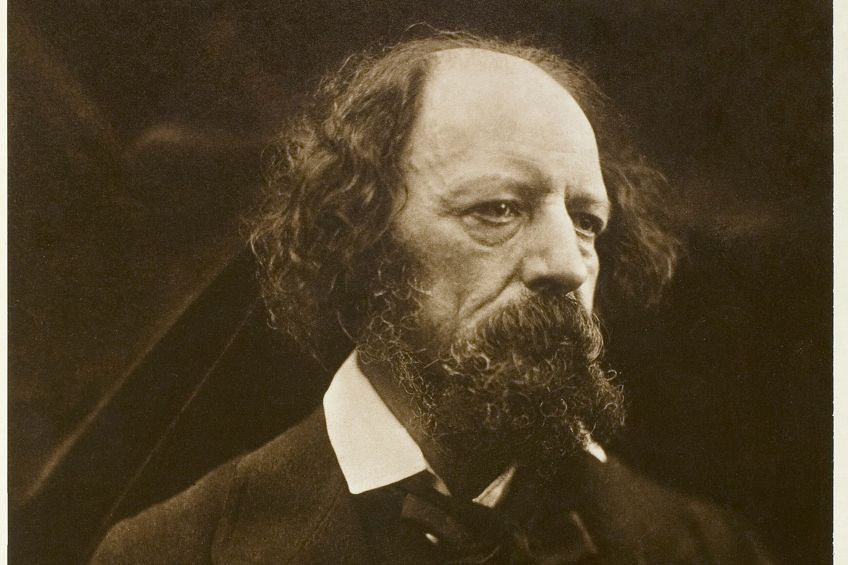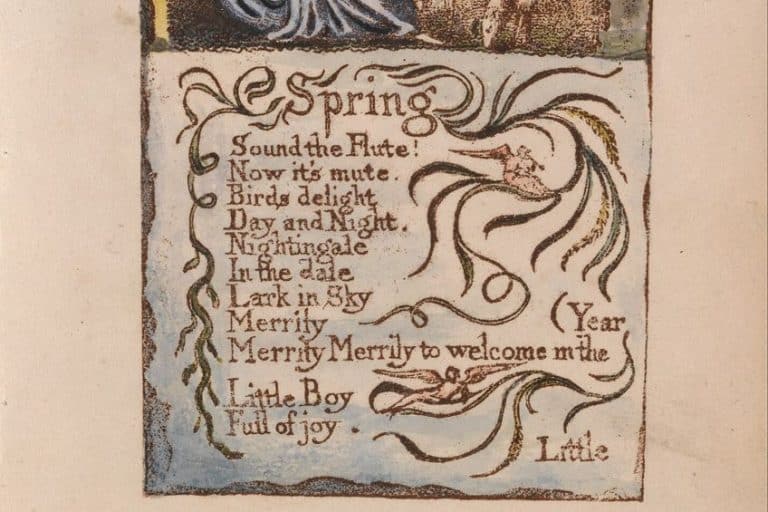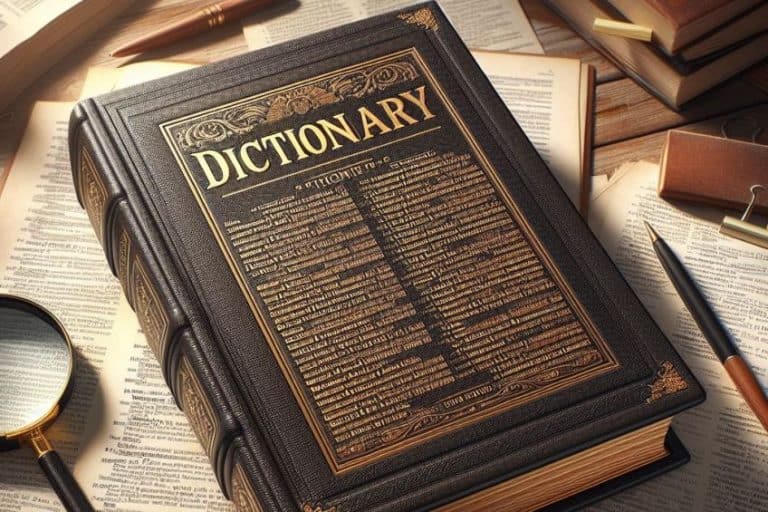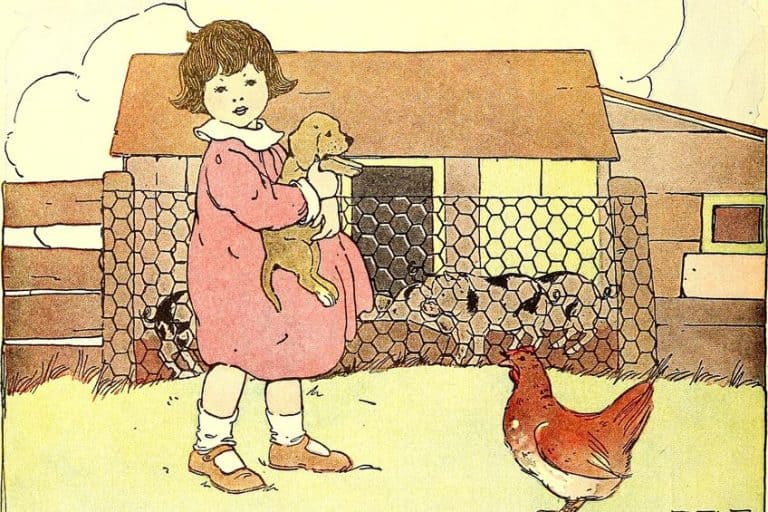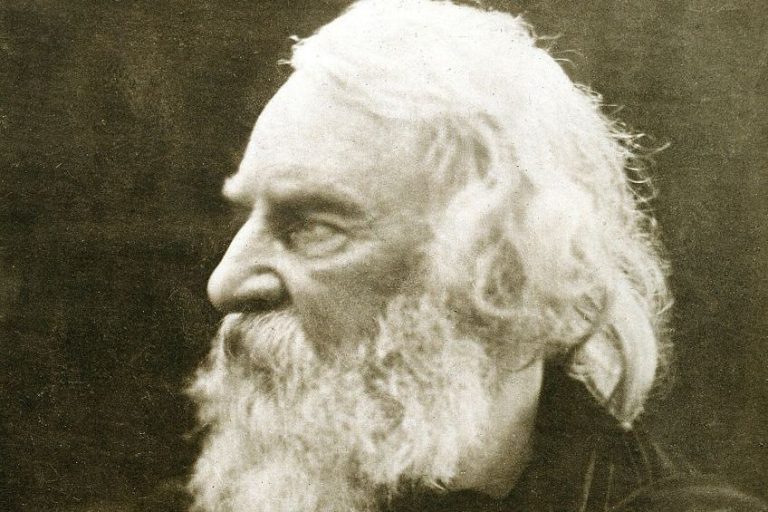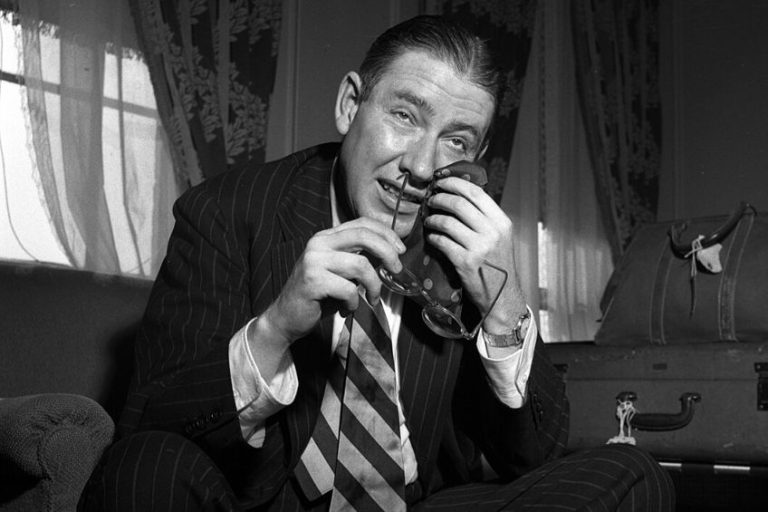Elegy Poems – Celebrating Life and Death Through Prose
There are a great many examples of elegy poems in existence. This specific example of poetry has been around for a particularly long time and is often seen as one of the oldest of all varieties of poetry. Today, we will have a look at ten different elegy examples to show the breadth of what can be accomplished with this particular form of poetry. If this is a topic that holds some interest to you, keep reading to learn a lot more about elegy poems!
A Look at Elegy Poems
There are many different types of poetry in the world, and the elegy is one of the oldest. While this variety of poetry does not have a specific structure, like a sonnet or limerick, it is unified behind a general idea. This idea is serious in nature and is often focused on the lamentation of death. For this reason, elegy examples are often in commemoration to those who have passed away.

While there are no definitive characteristics that distinguish elegy poems from any other type of poem, these poems do often make use of a first-person style while also having some kind of hopefulness to the conclusion. This is not always the case though, and we will only really learn more by having a look at a few examples of elegy poems below. Now that we are done with all these article pleasantries, let’s dash forward and check out this collection of elegy poems!
On My First Sonne (1616) by Ben Jonson
| Date Published | 1616 |
| Type of Poem | Elegy |
| Rhyme Scheme | AABB |
| Meter | Iambic pentameter |
| Topic | Reflection on the death of a child |
On My First Sonne is a potent and powerful elegy that reflects on the death of a child. In this case, it was written by Ben Jonson as he thought about the death of his first son. The poem of mourning expresses the deep sadness that he feels because of the early death of his child. The elegy also shows a powerful reality when taken within the context of many of Jonson’s other poems, which are often cynical.
This one shows the ways in which mourning can strip such thoughts from you.

Lycidas (1683) by John Milton
| Date Published | 1683 |
| Type of Poem | Elegy |
| Rhyme Scheme | Irregular |
| Meter | Iambic pentameter |
| Topic | Dedication to Edward King |
Lycidas is an immensely famous elegy and one that has served as an inspiration for elegy poems until this day. It is a pastoral elegy and is dedicated to a friend who died when his ship sank. The poem is lengthy, makes use of irregular rhyme, and is notable for having been published in English rather than Latin and Greek. The reason this is also notable is because it was published in a collection of elegy poems, and they were not generally written in the English language.
By today’s standards, the poem can often be rather difficult to read because of its older use of language, but it still stands as one of the best examples of an elegy poem in the English language.

Elegy Written in a Country Churchyard (1751) by Thomas Gray
| Date Published | 1751 |
| Type of Poem | Elegy |
| Rhyme Scheme | ABAB |
| Meter | Iambic pentameter |
| Topic | Life and death |
Elegy Written in a Country Churchyard is likely one of the best-known poems of its kind ever written. This poem is not the serious contemplation of a single lost life that is common in many examples of elegy poems and is instead concerned with the life found in the countryside. It is a poem that looks at the lives and deaths of the common people in the world rather than the supposedly great and famous. It is a commitment to seeing death in all as a tragedy rather than only seeing the death of the powerful as holding importance.
It is a stunning elegy that still serves as inspiration for many who are producing their own elegy poems.
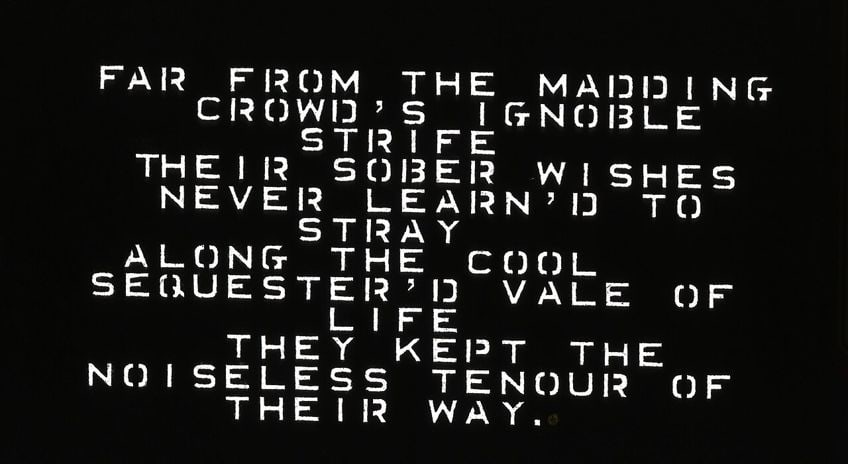
A Satirical Elegy on the Death of a Late Famous General (1765) by Jonathan Swift
| Date Published | 1765 |
| Type of Poem | Humorous elegy |
| Rhyme Scheme | AABB |
| Meter | Predominantly iambic tetrameter |
| Topic | Critique of John Churchill |
A Satirical Elegy on the Death of a Late Famous General is not a true elegy in the sense that it is a serious text concerned with death and mourning. Instead, it is a satire on the form, and it was written by one of the best-known satirists in the English language. The poem has a rather mocking tone towards a duke named John Churchill whom Swift did not consider worthy of a true elegy, and this poem serves as a way to insult the accomplishments of this duke.
This poem is a great indication of the more versatile nature of the elegy as a poetic form because the trappings of the genre can be used to great effect to produce oppositional feelings to those generally evoked by elegy poems.
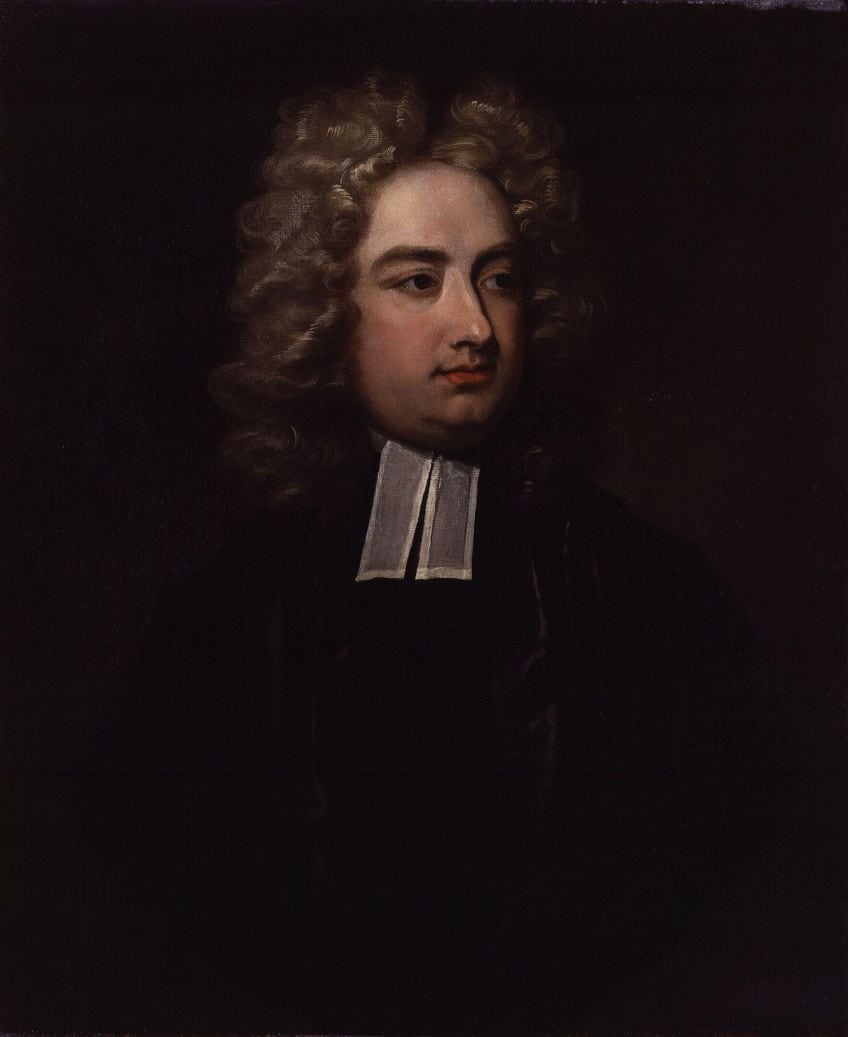
Adonais (1821) by Percy Bysshe Shelley
| Date Published | 1821 |
| Type of Poem | Elegy |
| Rhyme Scheme | ABABBCBCC |
| Meter | Spencerian stanzas |
| Topic | Commemoration to John Keats |
Adonais is a poem written by one notable figure in the Romantic period for another notable Romantic. In this case, it was written in commemoration of the immensely young and tragic death of John Keats. The poet and the subject had been friends and literary rivals of sorts in their lives. This poem takes inspiration from texts such as Lycidas by John Milton, and it has come to be seen as one of the best texts that Percy Bysshe Shelley ever wrote.
The poem is lengthy and includes 55 stanzas throughout its great length, and so there is considerable effort on display in the depiction of this poetic form.

In Memoriam A.H.H. (1833) by Alfred Lord Tennyson
| Date Published | 1833 |
| Type of Poem | Elegy |
| Rhyme Scheme | ABBA |
| Meter | Iambic tetrameter |
| Topic | Commemoration of Arthur Henry Hallam |
In Memoriam A.H.H. is a poem commemorated to a single individual who was a friend of the poet. He was only twenty-two years old when he died of a cerebral hemorrhage. The poem is in memoriam to this deceased friend, but it is more than only a text about this friend. It is also about what nature does to us and the way in which there have been changes and religious declines since his death.
It may be written in dedication to one man, but it is something that is far more universal in the ideas that it explores and expresses to the reader.
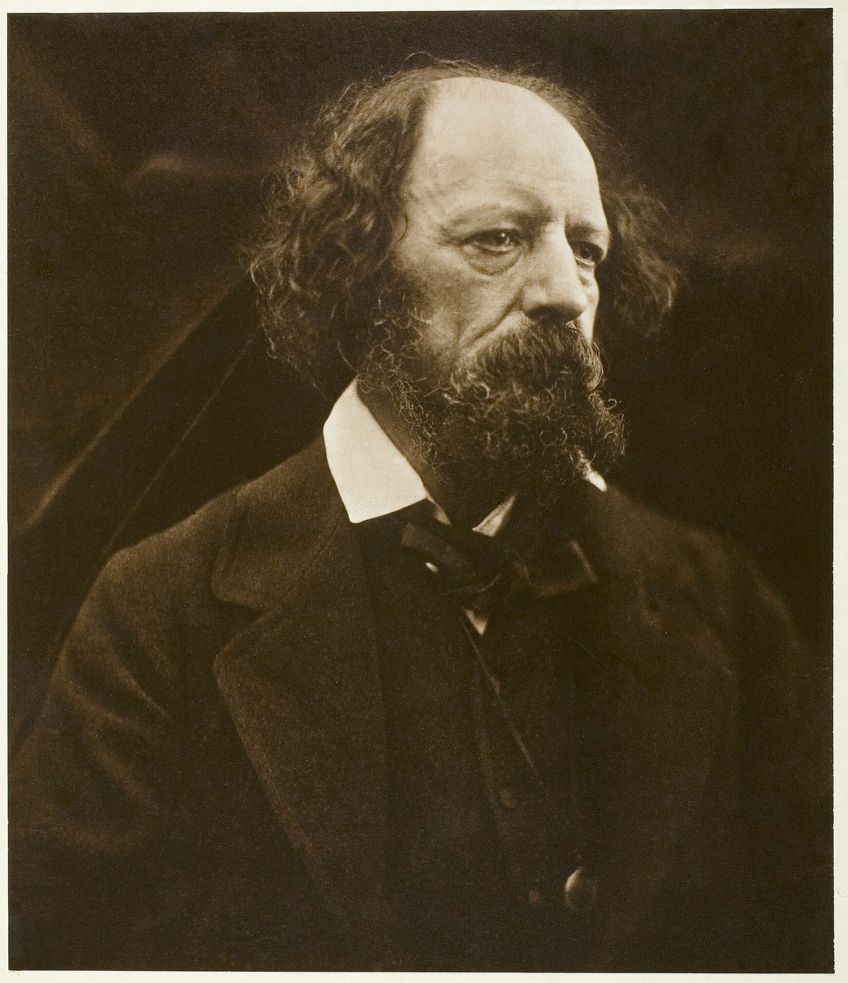
O Captain! My Captain! (1865) by Walt Whitman
| Date Published | 1865 |
| Type of Poem | Elegy |
| Rhyme Scheme | Variable |
| Meter | Iambic pentameter |
| Topic | Tribute to Abraham Lincoln |
O Captain! My Captain! is a poem dedicated to a very specific individual. In this case, it was written as a commemoration of Abraham Lincoln. Walt Whitman was particularly fond of Lincoln, and upon hearing of his death, he wrote a poem that is quite unlike his other poems. It has a far more ordered structure, and as Whitman is known for his free verse work, it is rather unusual. In this fantastic example of an elegy poem, the speaker discusses a captain who has managed to guide them through the storm until they safely reached port, but upon reaching port, he died.
The metaphor of the ship as the United States and the perilous journey of the American Civil War has led to this being one of the best-known elegies from the United States.
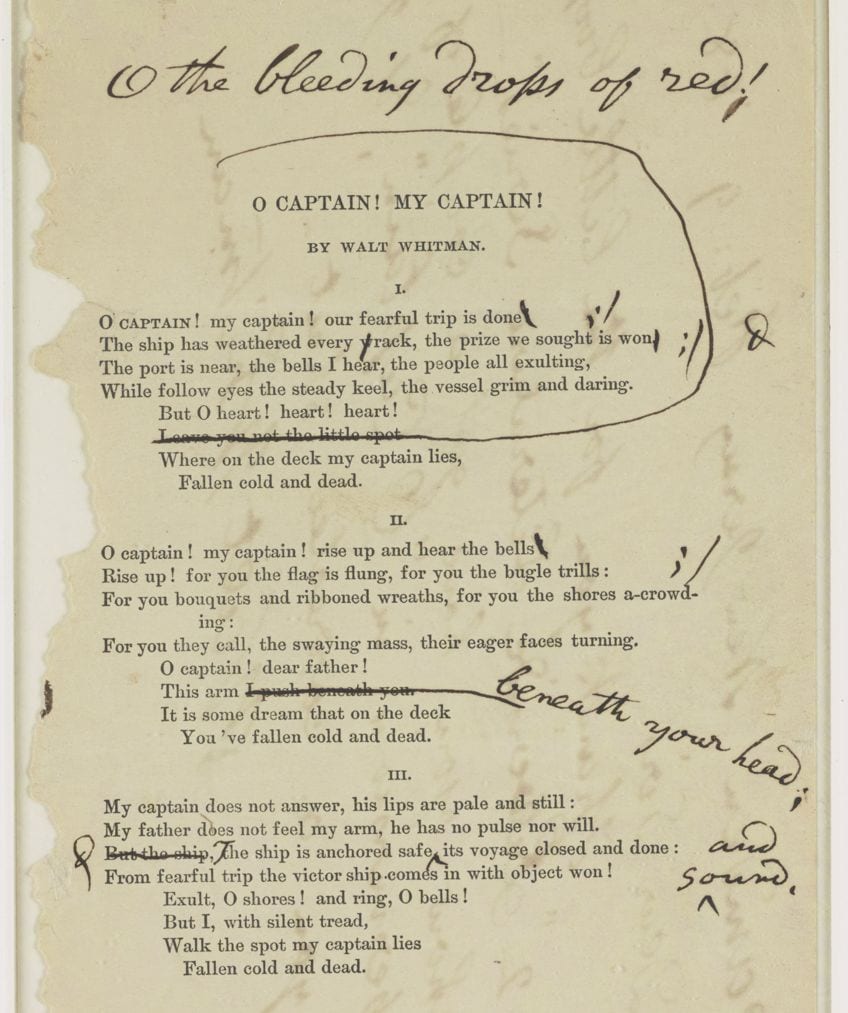
Dirge Without Music (1928) by Edna St. Vincent Millay
| Date Published | 1928 |
| Type of Poem | Elegy |
| Rhyme Scheme | ABAB |
| Meter | None |
| Topic | Death and loss |
Dirge Without Music is technically a dirge, but this is essentially a type of elegy that is generally set to music. So, this is a dirge or song of mourning, that does not allow for any music. The name alone is a powerful statement on the kind of terrible mourning that can come with the death of a loved one. Even incorporating music can appear to be far too informal for the recently deceased. The poem alternates in the length of its lines to create a more stunted poem as it examines the feelings that come with death and loss. In terms of elegy poems, it is a powerful example of the form and one that both mourns but also does not entirely accept death.
The speaker makes clear that while she acknowledges death, she is not willing to resign herself to it.
Funeral Blues (1936) by W.H. Auden
| Date Published | 1936 |
| Type of Poem | Elegy |
| Rhyme Scheme | AABB |
| Meter | Variable |
| Topic | Grief and loss |
Funeral Blues is a poem that is often found in funerary services because of its powerful expression of deep sadness. The first line of the poem includes the phrase “Stop all the clocks”, and this has become an immensely famous expression of the feelings that one can experience when someone has passed away. You want everything around you to completely cease functioning. The rest of the poem makes use of similar images of stopping that which is natural, such as a dog from eating a bone.
The poem is also explicitly about death, but not about the death of a particular person, and so it has become something strongly universal in its expression of mourning.
Elegy In April and September (1983) by Wilfred Owen
| Date Published | 1983 |
| Type of Poem | Elegy |
| Rhyme Scheme | Variable |
| Meter | Iambic tetrameter |
| Topic | Mortality |
Elegy In April and September is an elegy that makes use of a strongly rhythmic presentation and incorporates elements of assonance and alliteration throughout the text. This gives it a strong and pleasant reading quality that leads to enjoyment in the actual reading of the poem. This is not as common in elegy poems, but it helps to show the fact that there are no definitive rules that an elegy has to follow to be classified as such.
In this case, the poem is also not one that reflects on any singular entity, such as a person, and instead intermingles thoughts of the natural world and the nature of morality, but as the product of a famous war poet, it makes stands to reason that there is much to reflect on rather than any singular person or entity.
There are so many different types of poetry out there that it can be hard to keep track of them all. So, hopefully, this list of examples of elegy poems has proved beneficial to those who wish to know more about this type of poetry. Today, we had a look at ten different elegy examples to show where their similarities and differences lie, but as this is a particularly old form of poetry, there is always more to find. So, for those who wish to read more elegy poems, there are so many more out there for you to find and enjoy!
Frequently Asked Questions
What Is an Elegy?
This type of poetry is one that is oriented around a more serious reflective tone. Many of the most notable examples of elegy poems are specifically about the dead. Many elegies are written in commemoration of those who have passed away.
What Are the Primary Characteristics of Elegy Poems?
While there are no definitive formal requirements for an elegy poem, there are some common characteristics that can be found in a great many examples of elegy poems. For instance, this form often includes lamentation, simple language, a first-person perspective, and a more formal mode of address.
What Are Some of the Most Famous Elegy Examples?
There are so many elegy examples in the world, and this is because it is one of the oldest poetic forms. However, some of the most well-known elegy poems include Lycidas (1683) by John Milton, Elegy Written in a Country Churchyard (1751) by Thomas Gray, and O Captain! My Captain! (1865) by Walt Whitman.
Do Elegy Poems Have to Be Sad?
Many elegy poems are rather sad in their presentation, but this is hardly a necessity of the form. However, elegy poems do tend to be serious. And so, while they can often deal with rather heavy topics, they do not need to be sad. Although, sadness is something quite subjective, and so what one person considers to be sad, another may not.
Where Did the Elegy Originate?
The elegy is an ancient form of poetry and, as such, it is fitting that it originated in ancient Greece. The earliest versions were often accompanied by music, and they were usually written as lamentation works for those who had fallen. The elegy continues to this day despite its truly ancient roots.
Justin van Huyssteen is a freelance writer, novelist, and academic originally from Cape Town, South Africa. At present, he has a bachelor’s degree in English and literary theory and an honor’s degree in literary theory. He is currently working towards his master’s degree in literary theory with a focus on animal studies, critical theory, and semiotics within literature. As a novelist and freelancer, he often writes under the pen name L.C. Lupus.
Justin’s preferred literary movements include modern and postmodern literature with literary fiction and genre fiction like sci-fi, post-apocalyptic, and horror being of particular interest. His academia extends to his interest in prose and narratology. He enjoys analyzing a variety of mediums through a literary lens, such as graphic novels, film, and video games.
Justin is working for artincontext.org as an author and content writer since 2022. He is responsible for all blog posts about architecture, literature and poetry.
Learn more about Justin van Huyssteen and the Art in Context Team.
Cite this Article
Justin, van Huyssteen, “Elegy Poems – Celebrating Life and Death Through Prose.” Art in Context. November 30, 2023. URL: https://artincontext.org/elegy-poems/
van Huyssteen, J. (2023, 30 November). Elegy Poems – Celebrating Life and Death Through Prose. Art in Context. https://artincontext.org/elegy-poems/
van Huyssteen, Justin. “Elegy Poems – Celebrating Life and Death Through Prose.” Art in Context, November 30, 2023. https://artincontext.org/elegy-poems/.


